Do I need a permit/notification to sell frozen foods? Explaining how to start selling frozen foods

Many people who operate businesses such as restaurants and food services may be considering selling frozen foods as a new way to expand their sales channels.
By being able to manufacture and sell frozen foods in-house, we can create new sales channels and further expand sales, going from a situation where we could only increase sales through stores. Masu.
However, when selling frozen foods, a sales permit and notification form are required.
Therefore, you will need to prepare in advance to sell frozen foods, so this is something you should check in advance.
In this article, I would like to briefly explain the licenses required to start selling frozen food as a new business, how to actually get started, and the benefits that follow.
目次
- 1 Definition and types of frozen foods
- 2Why selling frozen foods is efficient for expanding sales channels
- 3 How to sell/start selling frozen foods?
- 4Advantages of selling/introducing frozen foods
- 5Do I need a permit/notification to sell frozen foods?
- 6 Types of permits and notifications required to sell frozen foods
- 7Do I need a permit to sell frozen foods online?
- 8Required conditions for selling frozen foods and obtaining sales permission
- 9 Points to note when selling/selling frozen foods
- 10 Summary of documents required to sell frozen foods and how to get started
Definition and types of frozen foods

First, let's explain the definition and types of frozen foods.
There are actually definitions and types of frozen foods, so be sure to check them first before selling frozen foods.
Definition of frozen food
The definition of frozen food is food that meets the following four conditions.
- The food must be rapid freezing
- Be packaged and stored in an appropriate manner
- Must be constantly stored at -18℃ or below
- Parts that are cooked and cannot be eaten must be prepared.
Therefore, in order to sell frozen foods, it is a prerequisite that the above conditions are met.
Types of frozen foods
There are three main types of frozen foods.
Frozen foods have standards set by the Food Sanitation Law, and are classified into the following three types.
- Frozen seafood for raw consumption
- Unheated frozen food
- Frozen food consumed after heating
Let's take a closer look at each one.
Frozen seafood for raw consumption
The first is "frozen fresh seafood for raw consumption."
Frozen fresh seafood for raw consumption refers to processed fresh seafood such as fillets that are frozen for raw consumption.
Frozen seafood for raw consumption has different and strict processing standards in terms of hygiene and quality compared to other frozen foods.
Unheated frozen food
Next up is `` Frozen Foods That Are Ingested Without Heating''.
Frozen food that can be consumed without heating refers to food that can be eaten without heating when thawing the frozen food.
For example, foods that can be thawed and eaten without heating in the refrigerator (cakes, pickles, etc.) fall under the category of frozen foods that can be consumed without heating.
Frozen food consumed after heating
Next up is "frozen foods that are consumed after heating."
Frozen foods that are consumed after heating refer to frozen foods that require heating.
For example, foods that are baked or fried after being frozen (fried foods, frozen noodles, etc.) fall under the category of frozen foods that are consumed after heating.
In this way, the definition and types of frozen foods have been clarified, and they are broadly divided into three types.
Why selling frozen foods is efficient for expanding sales channels

For businesses such as restaurants that normally sell food and serve food in their stores, manufacturing and selling frozen foods is a very efficient way to expand sales channels.
Sales can be expected to increase by converting menus currently available in stores to frozen foods and starting mail-order or in-store takeout services.
Frozen foods have a long shelf life, and once they are made, they can be kept in stock for a long period of time.
In addition, there is no need to develop and make products from scratch, and it is possible to sell foods sold in stores as frozen foods, making it an extremely efficient strategy for expanding sales channels.
However, in order to do so, you will need to prepare a commercial rapid freezer and a license to sell, so it is important to have a clear idea of your budget and schedule for commercialization. .
How do I start selling/selling frozen foods?
So, what are the specific steps and conditions required to start selling frozen foods?
We will explain the key points to start selling frozen foods.
In order to start selling frozen foods, you will need the following points.
- Creating a business plan for sales
- Manufacturer selection
- Selection of sales method/route
- Procedures for sales permits, notification forms, etc.
- Preparing customer attraction and sales strategies
- Recruiting and securing human resources
- Start of sales and sales
In order to actually start selling frozen foods, there are some steps you need to prepare in advance.
First of all, it is important to create a solid business plan for sales and have a vision of how you plan to increase sales after the sales start.
You will also need to decide on the company that will manufacture the frozen food and how you will sell it (mail order, over-the-counter sales, home delivery service, etc.).
After that, we will complete the necessary procedures for sales, such as permits and notifications, to ensure that the product is ready for sale.
If you don't think about marketing methods to sell frozen foods, you will run into inventory problems, so be sure to think about how to sell them.
Depending on your sales method, you may also need to secure human resources.
If we can secure human resources, we will be able to start selling and operating frozen foods.
Benefits of selling/introducing frozen foods

Manufacturing and selling frozen foods has various benefits for restaurants and other businesses.
The advantages of starting and selling frozen foods include the following:
- Can expand sales channels
- High profit margins and easy sales
- May be less affected by socio-economic conditions
- Easy to increase product variations
Can expand sales channels
Frozen foods are an efficient way to expand your sales channels.
Restaurants use this system to increase sales by serving food inside the store, but you cannot use it unless you actually visit the store.
However, by producing and selling frozen foods, you can expand your sales channels as you can purchase them online, such as through mail order sites.
Converting your existing menu to frozen foods is highly efficient and has its benefits.
High profit margins and easy sales
Frozen foods have the advantage of having high profit margins and easy sales.
Manufacturing, purchasing costs, labor costs, etc. are kept low, inventory management is easy, and profit margins are high.
Therefore, it has the advantage that it does not require large costs and can be expected to have high cost performance.
May be less affected by socio-economic conditions
Frozen foods have the advantage of being less susceptible to socio-economic conditions.
For example, in the case of store-based sales such as restaurants, there are disadvantages such as a drop in customer traffic due to social conditions such as the coronavirus, and a sharp drop in sales.
However, frozen foods have the advantage of being relatively unaffected by socio-economic conditions, as users can purchase them in any situation, including online shopping sites.
Easy to increase product variations
Frozen foods have the advantage of making it easy to increase product variety.
Frozen foods have the advantage of being easier to manage inventory and increase product variety.
The more variations you have, the more buyers will want to buy your product, which can lead to increased sales and greater profits. Therefore, increasing variety can be beneficial.
As mentioned above, frozen foods have many advantages.
Do I need a permit/notification to sell frozen foods?

Permits and notifications are not necessarily required to sell frozen foods.
There are several types of permits and notifications required to sell frozen foods.
- How to manufacture and sell frozen foods yourself
- How to outsource frozen food to a manufacturer
We will explain each pattern in detail.
How to manufacture and sell frozen foods yourself
First, let's talk about how to manufacture and sell frozen foods yourself.
If you manufacture and sell frozen foods yourself, you will need a business license for frozen food manufacturing or a complex frozen food manufacturing business.
In reality, the required business license will differ depending on the type of frozen food you manufacture, so it will depend on the type of food you sell as frozen food.
The quickest way to find out more is to check with your local public health center, so be sure to check and prepare the documents before manufacturing.
How to sell frozen food by outsourcing to a manufacturer
Next is `` How to sell frozen foods by outsourcing to a manufacturer.''
When outsourcing to a manufacturer, a permit is not required, just a notification.
Previously, a permit was required under the Food Sanitation Law, but now it is no longer required due to a revision of the law.
Types of permits and notifications required to sell frozen foods
The following types of permits and notifications are required to sell frozen foods:
- Frozen food manufacturing business license
- Business license for complex frozen food manufacturing industry
- Notification of frozen/refrigerated warehouse business
We will briefly explain each permit/notification.
Frozen food manufacturing business license
The first step is a "Frozen Food Manufacturing Business License."
Frozen food manufacturing industry is a business license required to manufacture frozen foods such as foods and additives specified in the standards.
Generally, this applies to the manufacture of frozen foods, which falls under the category of side-dish manufacturing.
Business license for complex frozen food manufacturing industry
Next is the "Business License for Complex Frozen Food Manufacturing Industry."
The business license for complex frozen food manufacturing industry is applicable not only to frozen food manufacturing, but also to meat processing industry, confectionery manufacturing industry (sweets, bread, etc.), and marine product manufacturing industry (manufacturing of foods using seafood and their eggs as main ingredients). This is a business license if you want to manufacture food related to the noodle manufacturing industry.
Notification of frozen/refrigerated warehouse business
Next is "Notification of frozen/refrigerated warehouse business."
Notification for frozen/refrigerated warehousing business is required for businesses that do not engage in manufacturing but only sell, store, and transport frozen foods.
Please check the permits and notifications listed above as they will be required.
Do I need a permit to sell frozen foods online?

Some of you may be wondering whether you need a permit to sell frozen foods online.
There is no need to obtain a permit when selling online.
However, if you manufacture frozen foods in-house and sell them on a mail-order site, you will need permissions such as the aforementioned ``Frozen Food Manufacturing Business License'' or ``Combined Frozen Food Manufacturing Business License''. So be careful.
If you outsource the manufacturing to a vendor and sell it on a mail-order site, this is basically possible with just a notification.
Essential conditions for selling/obtaining a sales permit for frozen foods
In order to manufacture and sell frozen foods, a permit is required, but we will explain what conditions are necessary to obtain a permit.
The following conditions are required to obtain permission to manufacture frozen foods.
- Qualifications of food hygiene supervisor
- Establishment of facility standards
- Thorough HACCP hygiene management
Qualifications of food hygiene supervisor
First of all, there is the `` Qualification of Food Hygiene Officer''.
A food hygiene manager is a person responsible for food hygiene when conducting food-related business.
In principle, it is mandatory to appoint a food sanitation manager when operating businesses stipulated by the Food Sanitation Act, including businesses that require a business license.
Establishment of facility standards
Next is "maintaining facilities in accordance with standards."
The Food Sanitation Act stipulates that the standards required for business facilities must be established by ordinance for each prefecture in each region.
These standards are called ``facility standards,'' and in order to obtain a business license, a facility (kitchen) must meet these standards before applying for a license.
Thorough HACCP hygiene management
Next is "Thorough HACCP hygiene management."
HACCP is a world-standard hygiene management method that is compulsory in principle for all food businesses involved in food manufacturing, processing, cooking, and sales.
In order to obtain a business license, you must apply for a license after implementing hygiene management based on HACCP.
As mentioned above, please note that in order to obtain a business license, it is necessary to thoroughly maintain hygiene management, facility standards, etc. before applying for a license.
Points to note when selling/selling frozen foods
Sells frozen foods. There are several things to keep in mind when selling.
The following points should be noted.
Comply with and maintain hygiene control laws at all times
First of all, it is important to always comply with the Sanitation Management Act.
In particular, food products are sold that go inside the human body, so maintaining hygiene is essential.
It is essential not only to follow the rules just to get a permit, but also to maintain safety at all times even after operation.
Problems such as food poisoning have occurred in the past, so please be careful.
Quality control of sold products
Next is "product quality control."
Frozen foods have a long shelf life, so care must be taken with quality control.
Make sure to maintain quality by checking temperature control and package sealing from manufacturing to sales.
Pay attention to the expiry date
The next step is to pay attention to the expiry date.
Frozen foods have an expiration date, so check the expiry date and sell items that are close to the expiry date as soon as possible.
Also, be careful not to sell items that have passed their expiry date.
Specify how to unzip
Next is the point of `` clarifying how to unzip.''
When selling frozen foods, it is important to clearly state how to defrost them. By teaching you the correct thawing method, you can provide safe and delicious food to your customers.
As mentioned above, there are several points to be aware of when manufacturing and selling frozen foods, so it is important to follow these points and operate safely.
Summary of documents required to sell frozen foods and how to get started
This time, we have summarized the necessary permits and notifications to sell frozen foods, and how to get started.
Frozen foods are highly efficient and have high profit margins, so they have great potential to become the mainstay of new businesses.
If you are currently considering manufacturing and selling frozen foods as a new business and are aiming to expand your sales channels, please refer to this article.
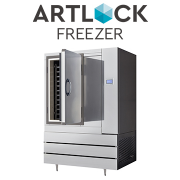



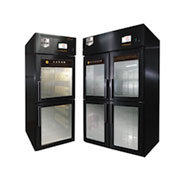
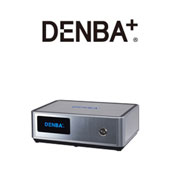


![[Storage period increased by 30 times! ] Achieving a stable supply of raw whitebait!](https://shunkashutou.com/wp-content/uploads/2016/11/579c55e6d32e1385c250e8e7c3ed59a71.jpg)
![[Sales increased 100 times! ] rapid freezing the signature menu “Ni-katsu sandwich”!](https://shunkashutou.com/wp-content/uploads/2016/11/IMG_02391.jpg)
![[Horse sashimi] We have significantly reduced waste loss with rapid freezer!](https://shunkashutou.com/wp-content/uploads/2016/11/5fda59d0cbcdabde18e58c3c58c09ed0.jpg)




![[Storage period increased from 3 days to half a year! ] Restaurants are expanding their business using wholesale and mail order!](https://shunkashutou.com/wp-content/uploads/2018/04/66c19942ab4ba346fdb64ccc04cde373.png)
![[Reduce loss from 200 kg of oysters to zero] Improve loss and expand business with rapid freezer](https://shunkashutou.com/wp-content/uploads/2018/06/19785ca583a8d3c4041c7c192d041b0d.jpg)
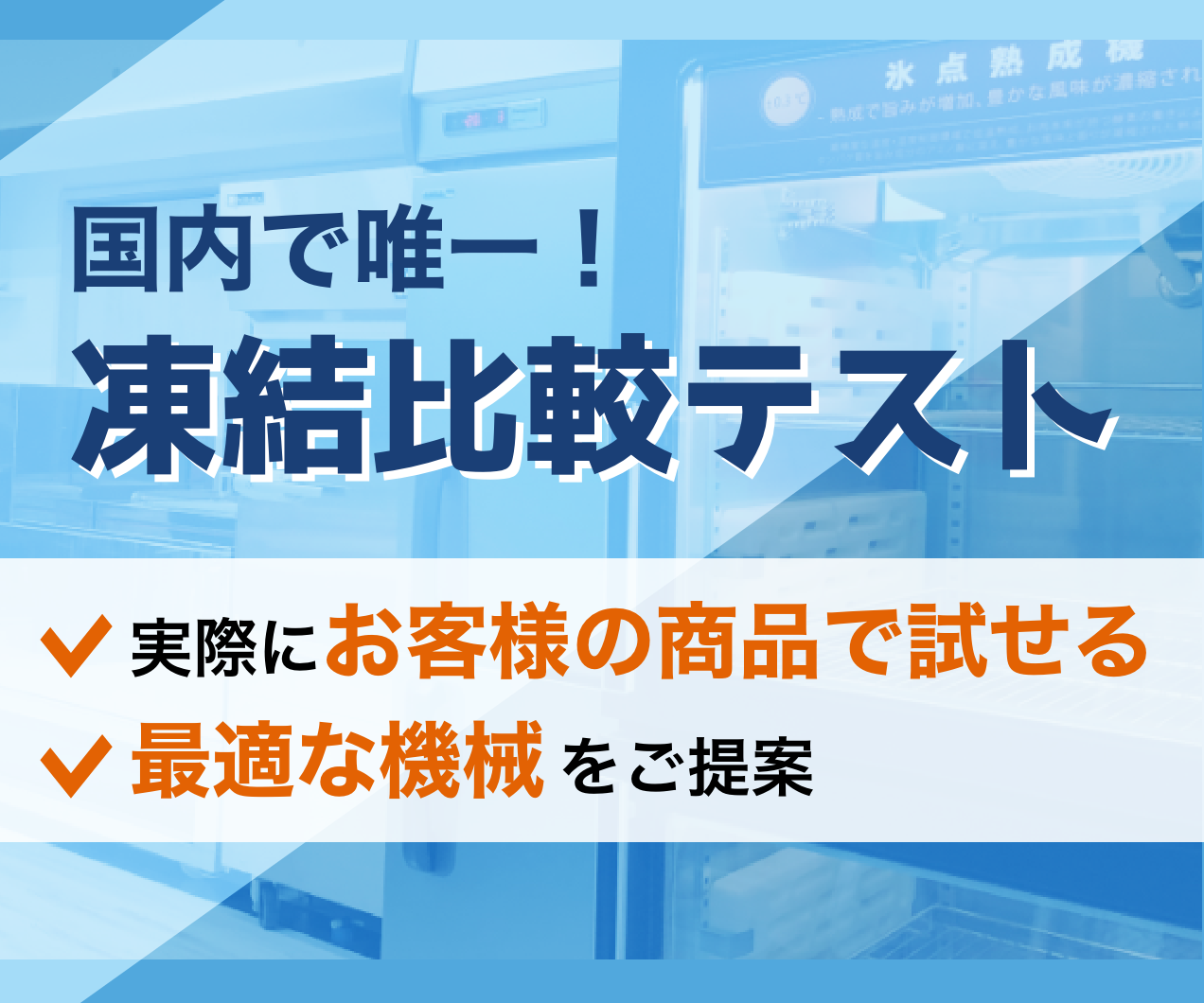
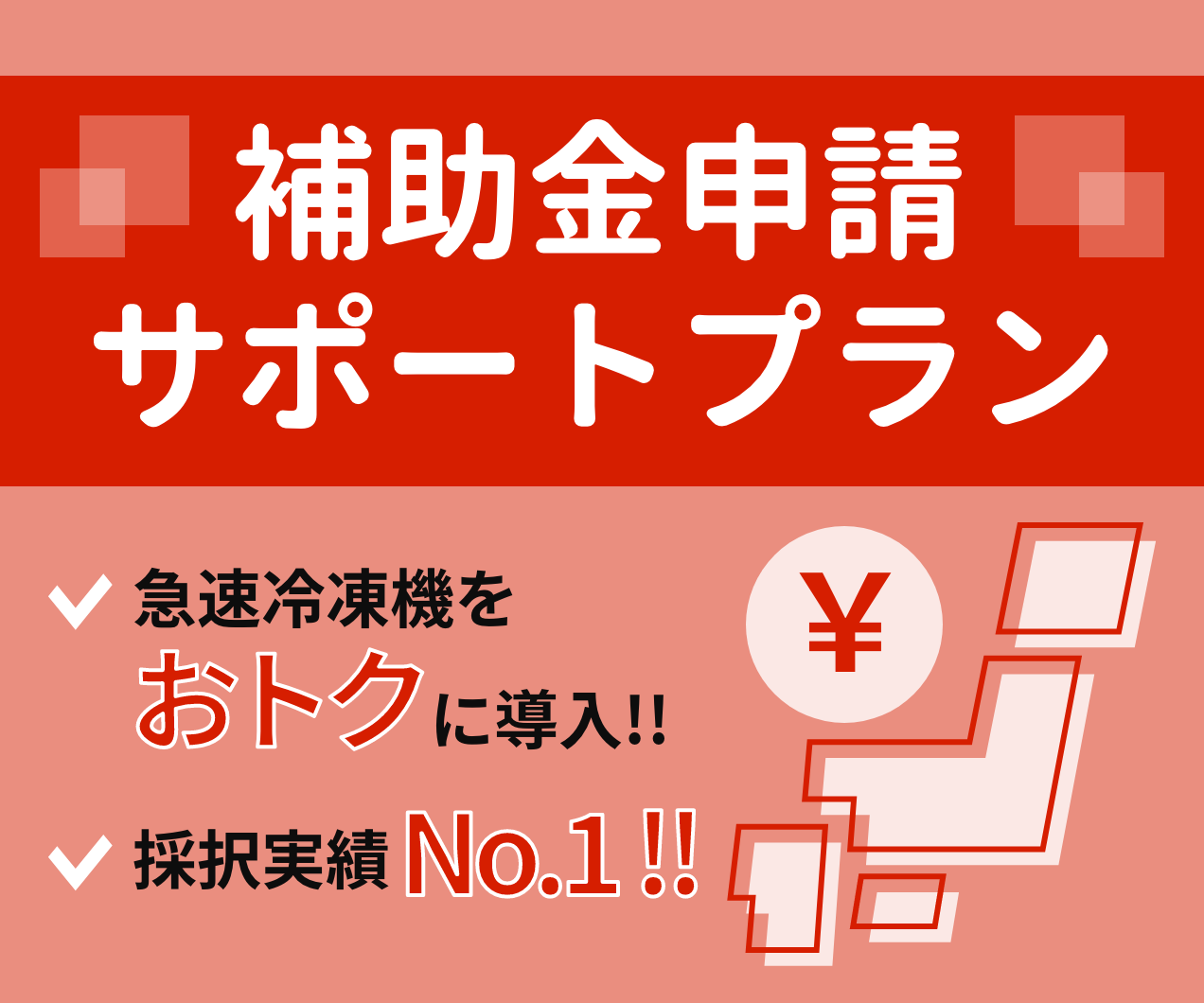

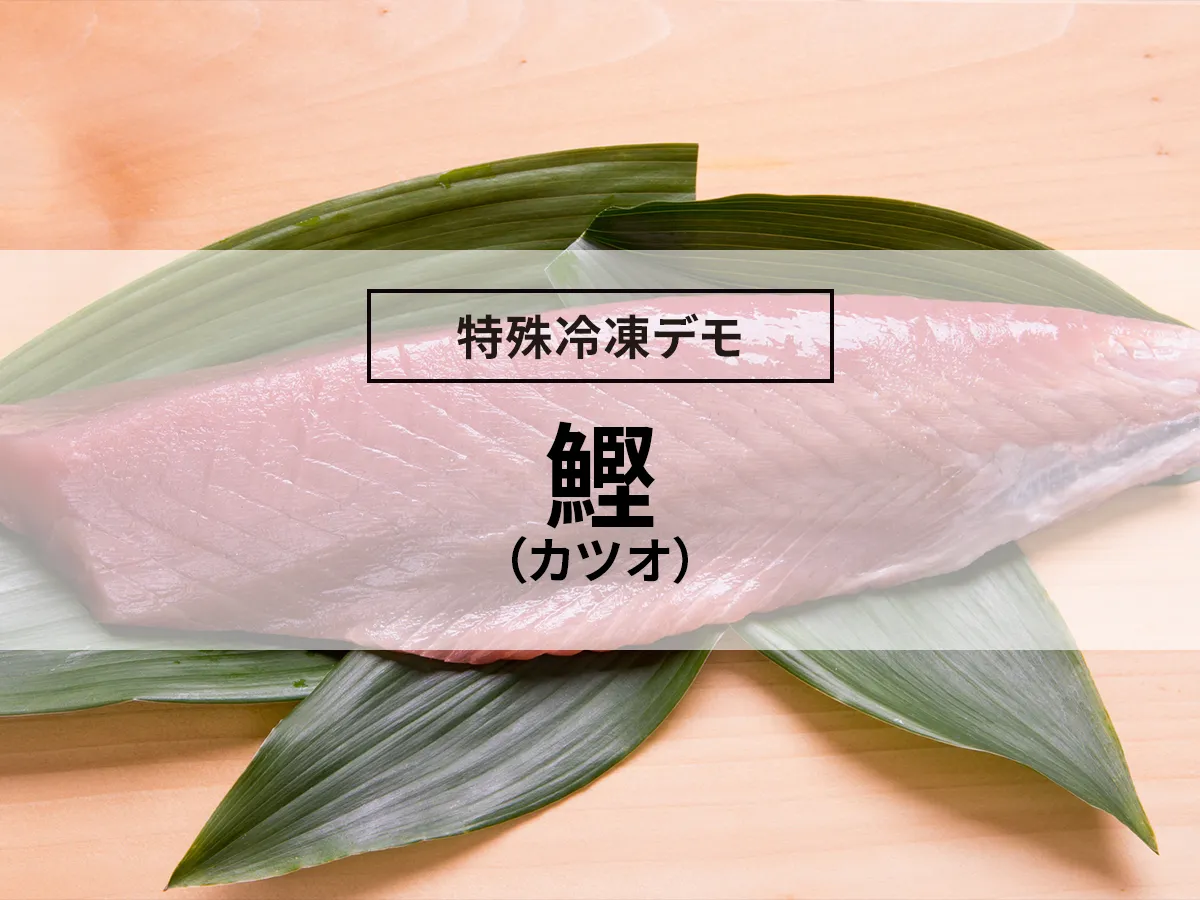
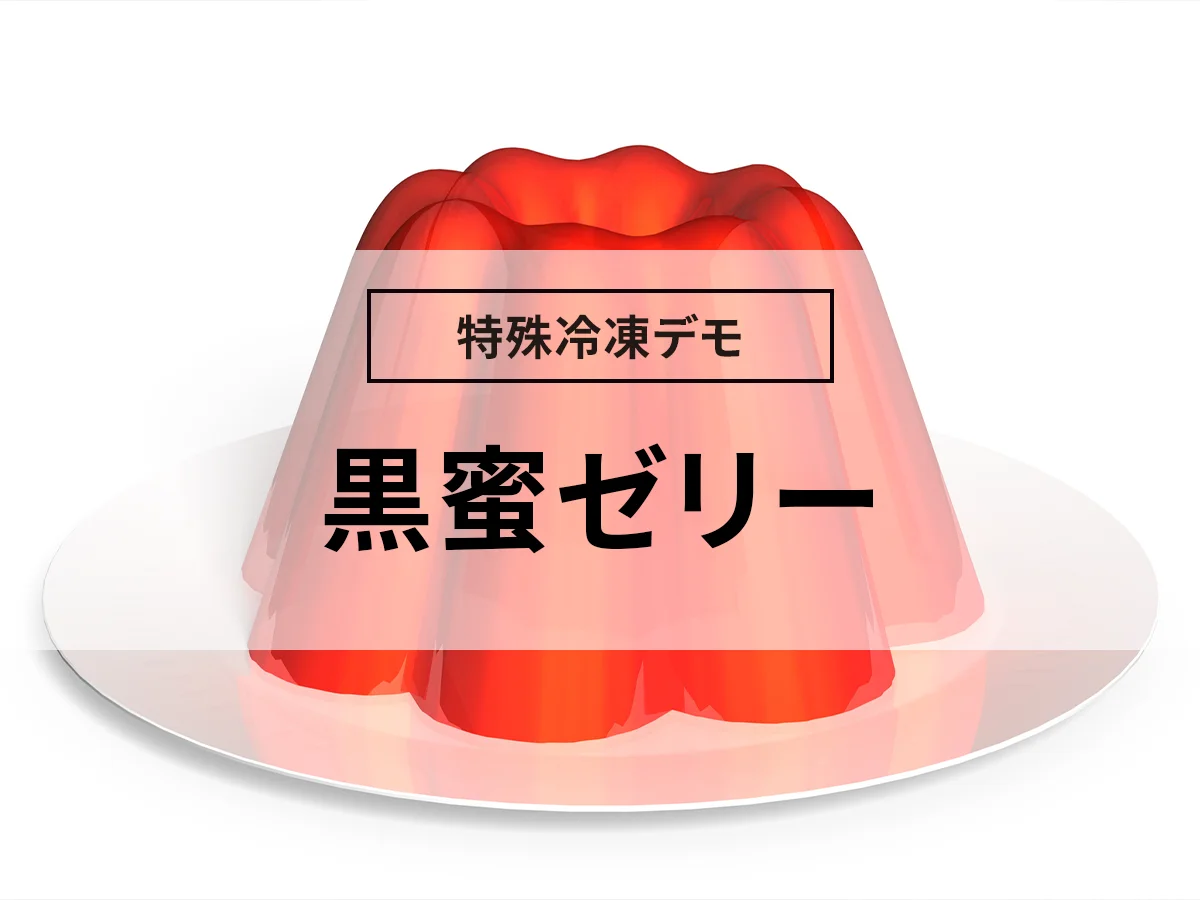
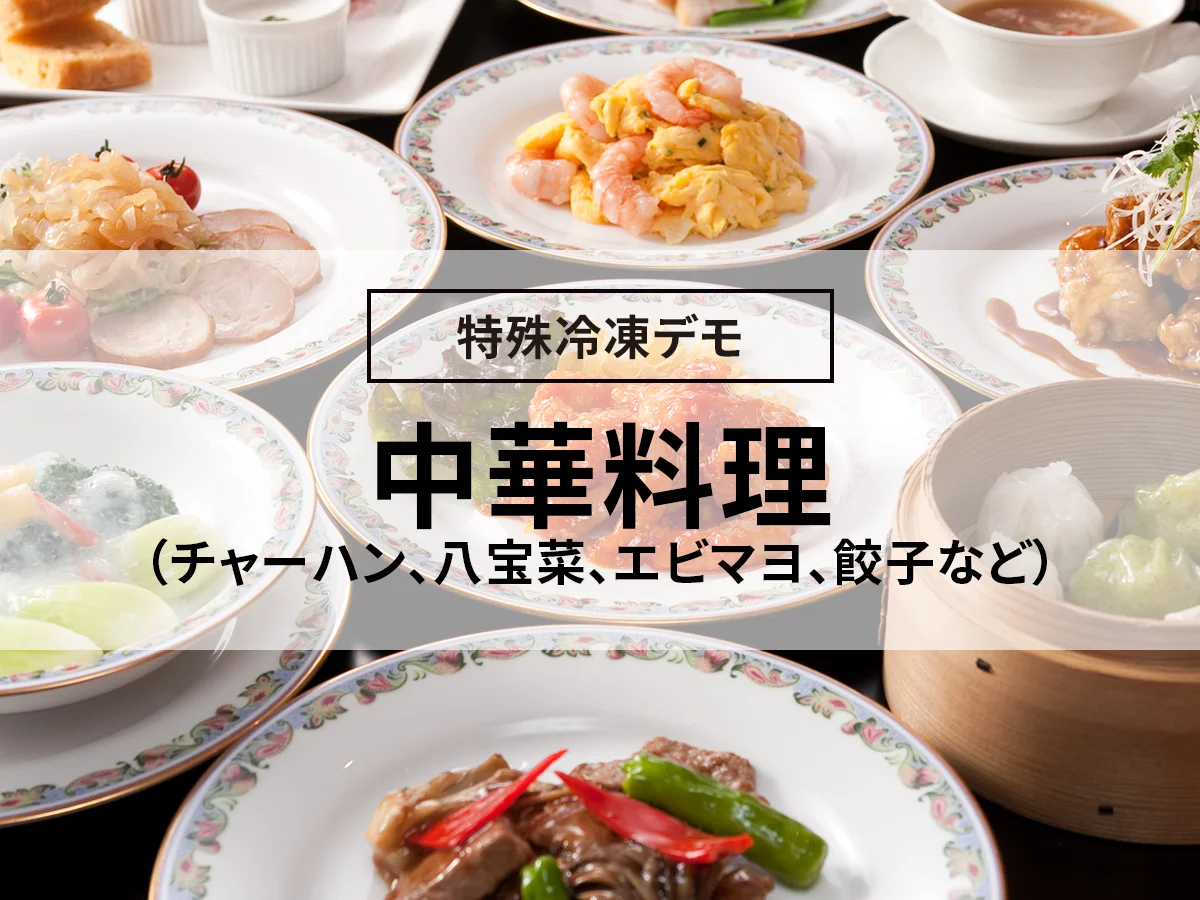
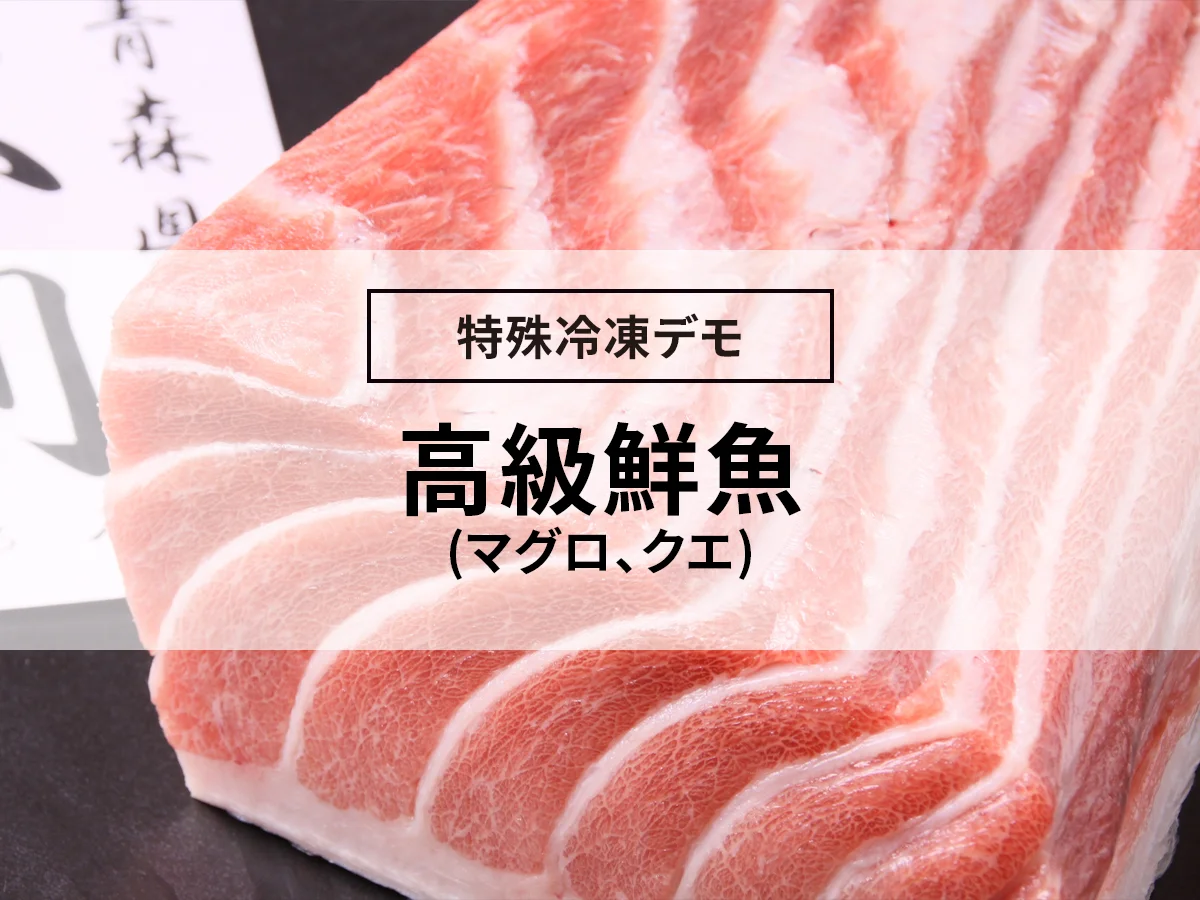
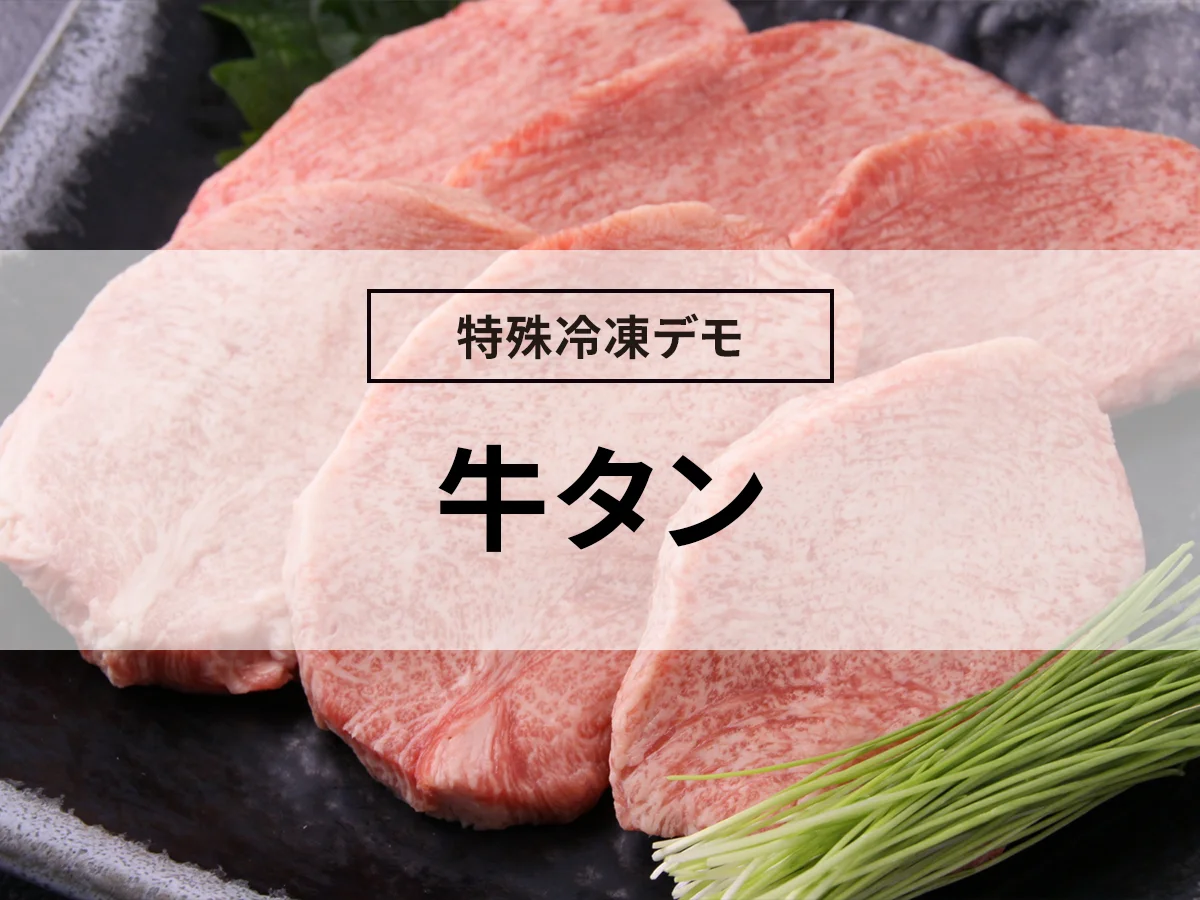
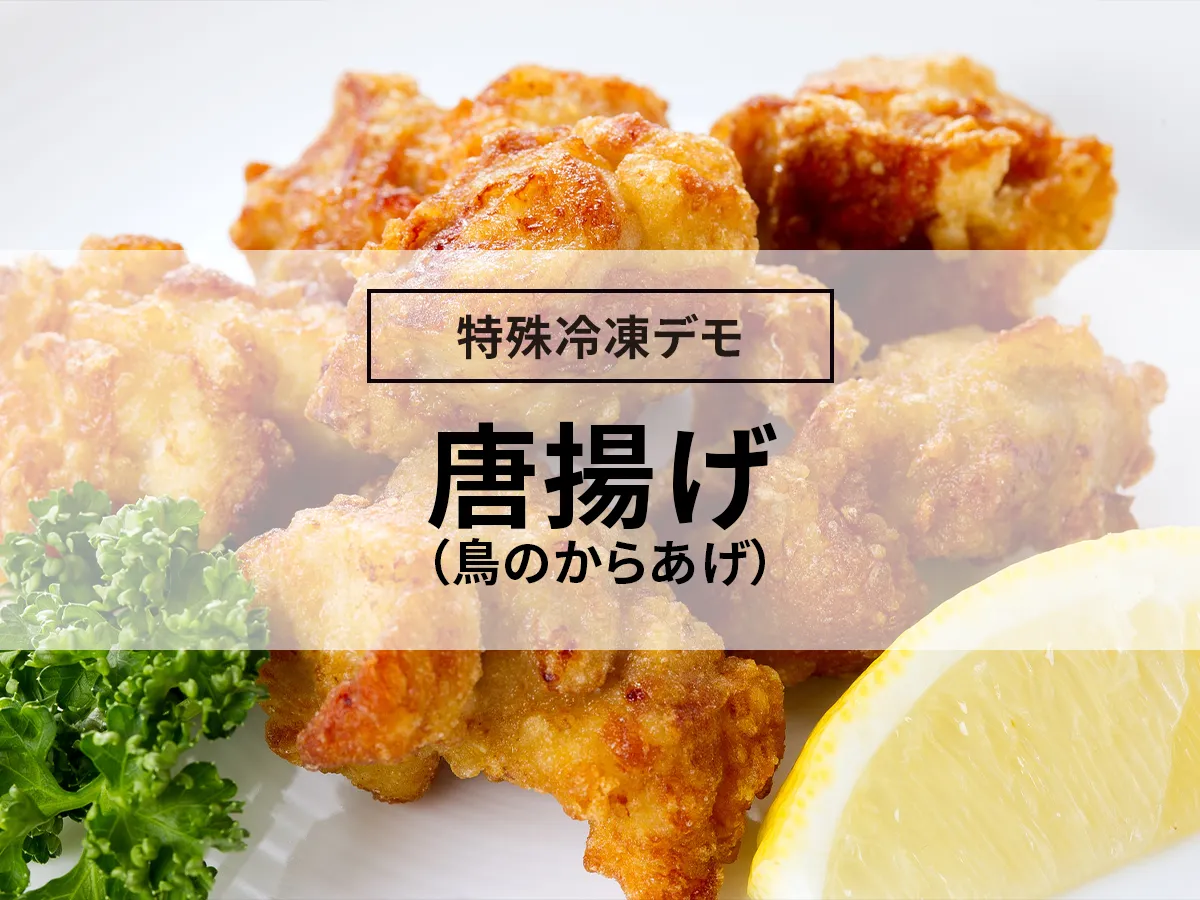

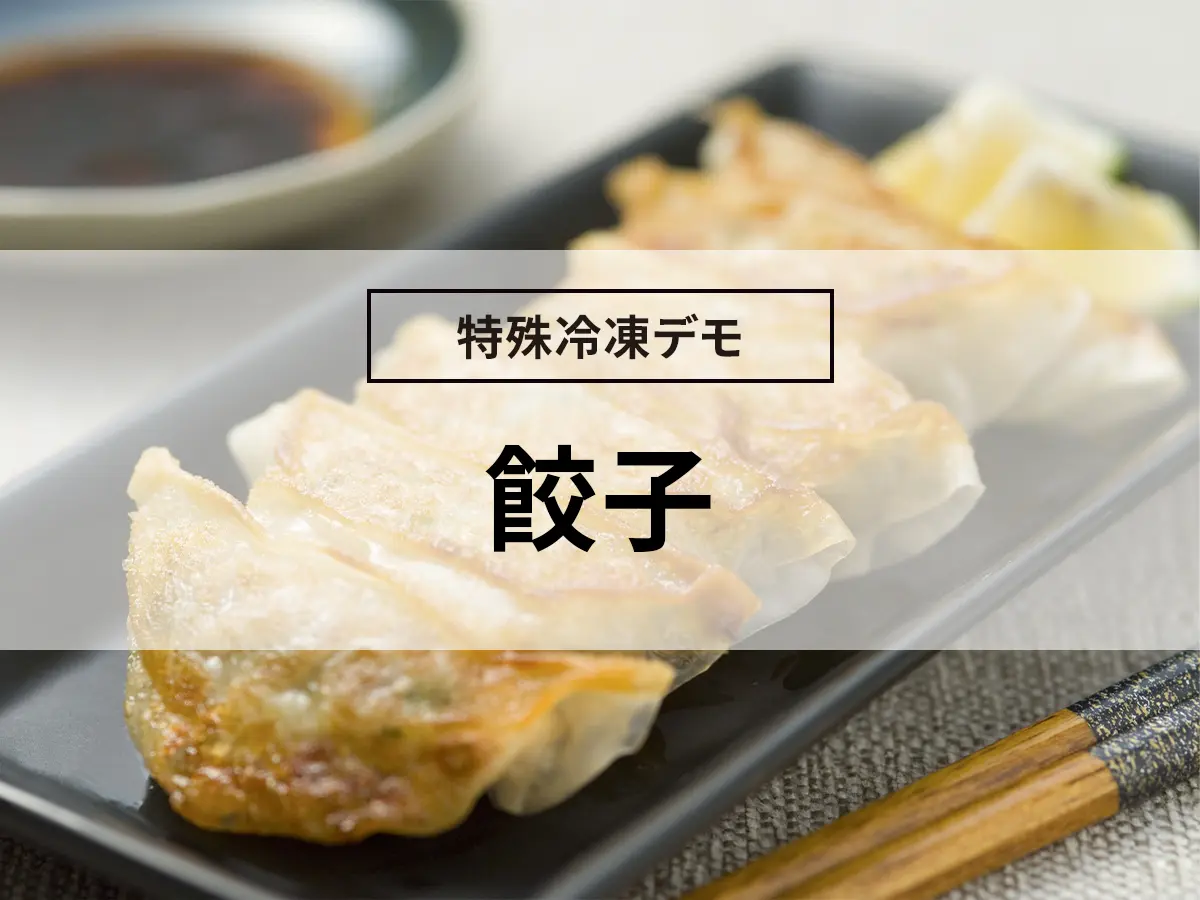




![[Must-see for bakers] 6 reasons why bakeries should use rapid freezing](https://shunkashutou.com/wp-content/uploads/2021/02/f92a102c9d3cc8c63dc7e509ce6d35d2.jpg)

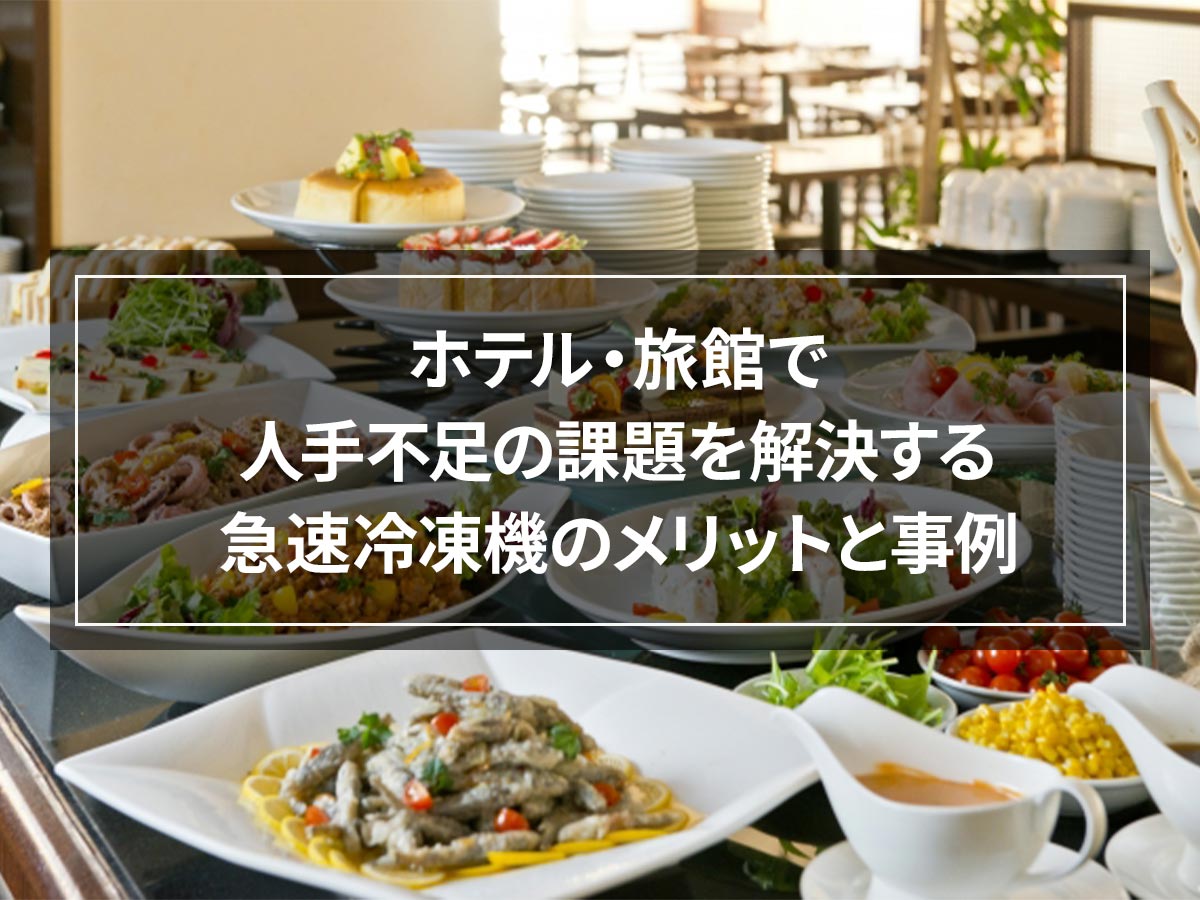
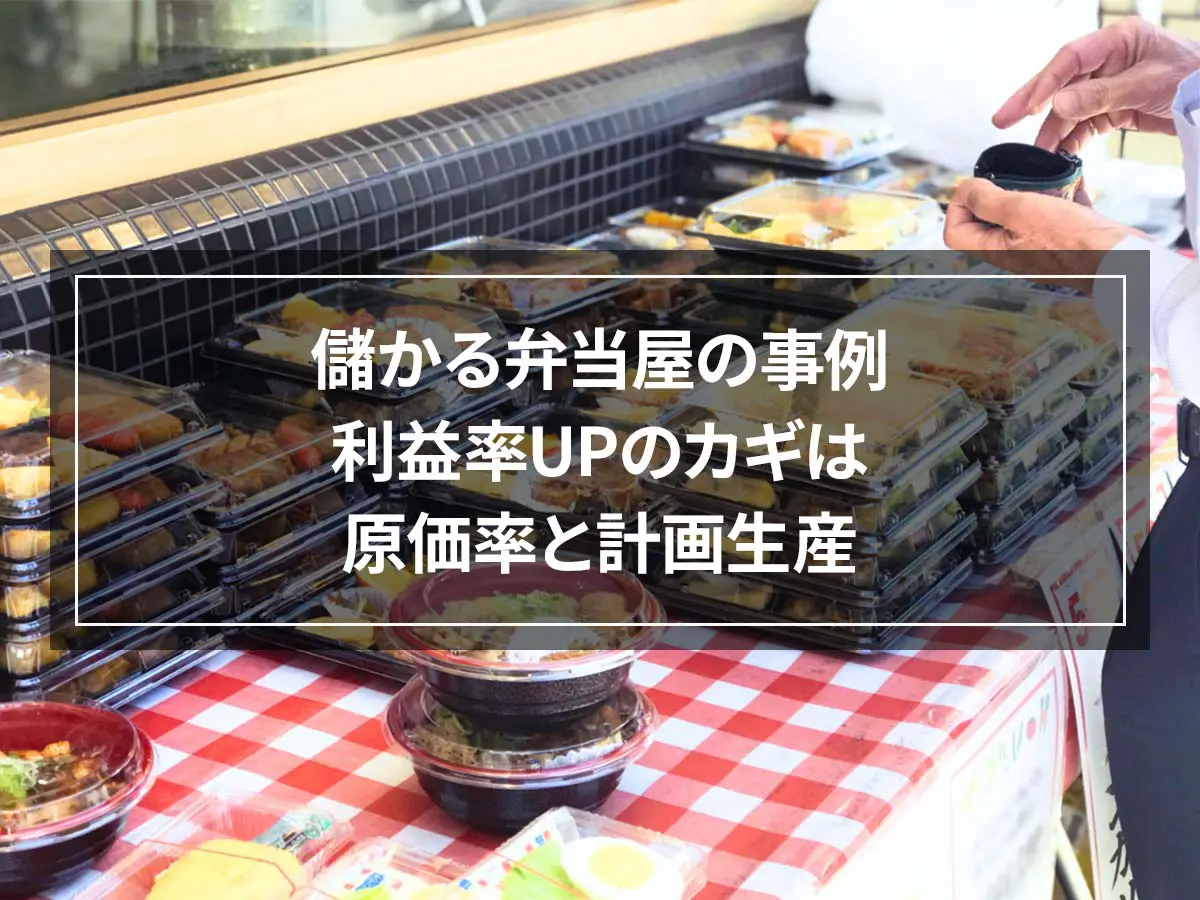
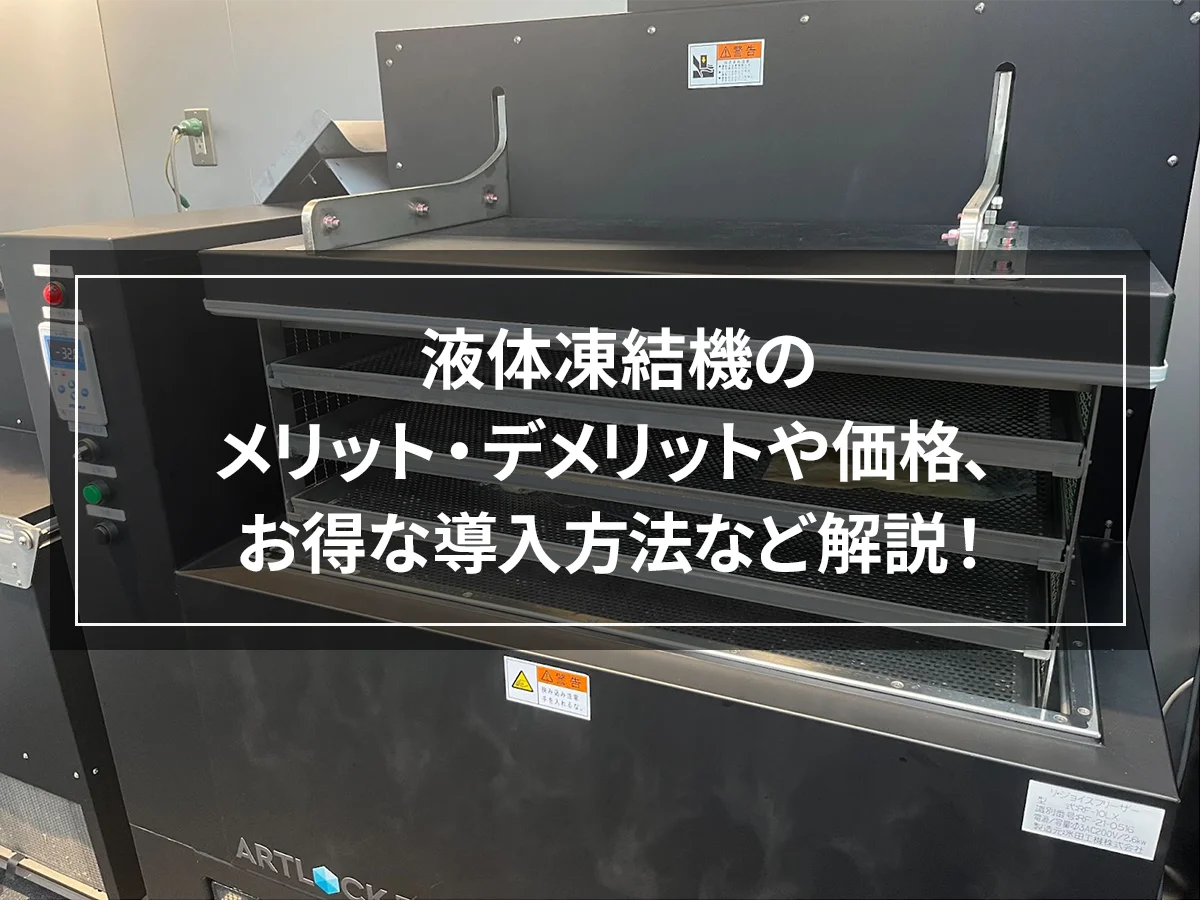

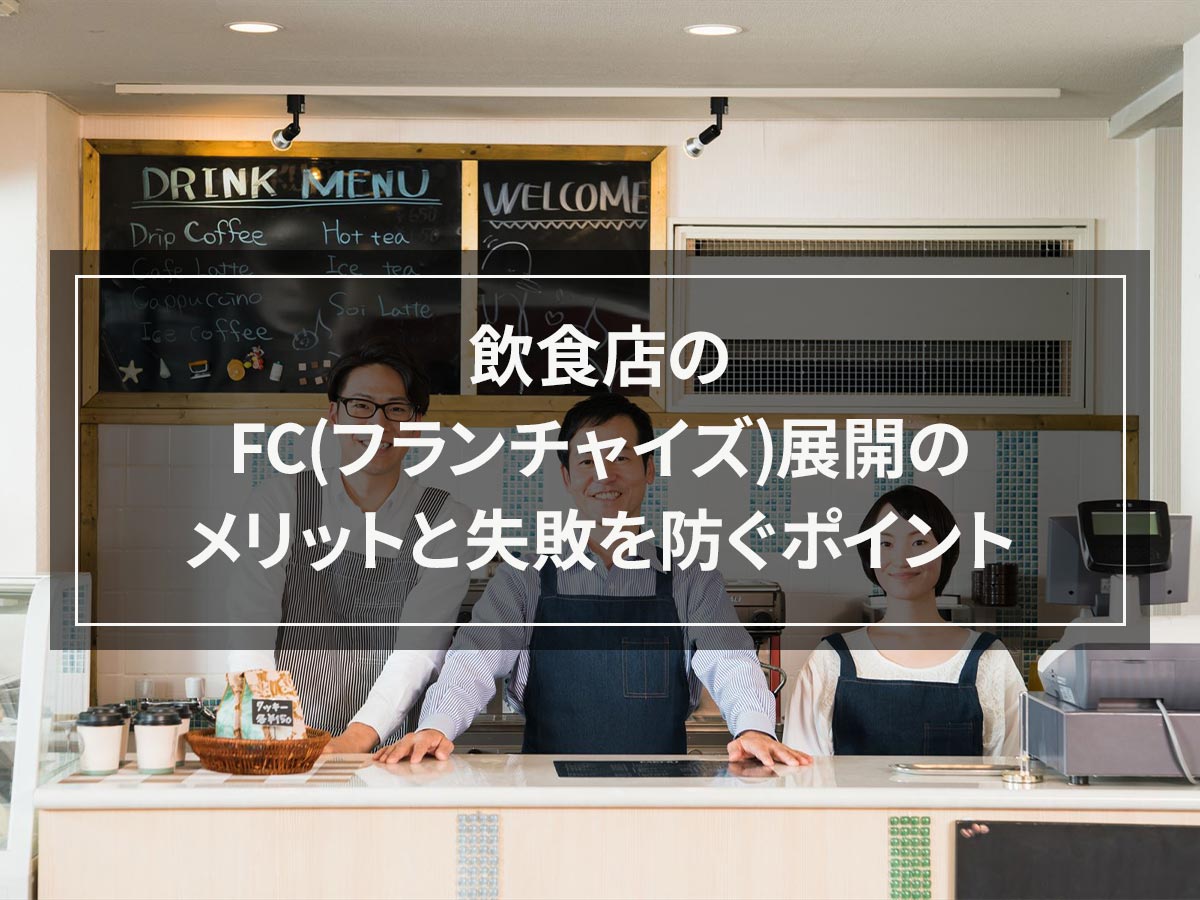
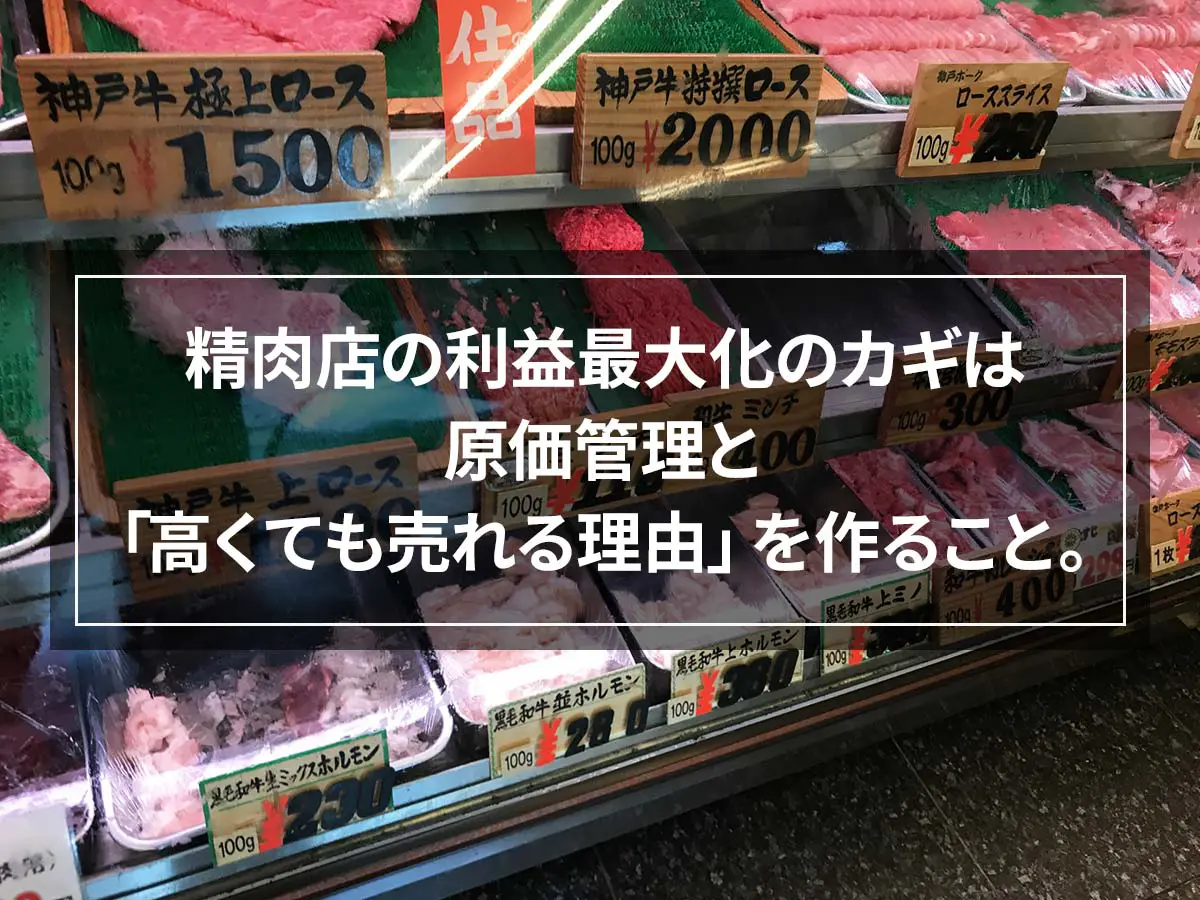
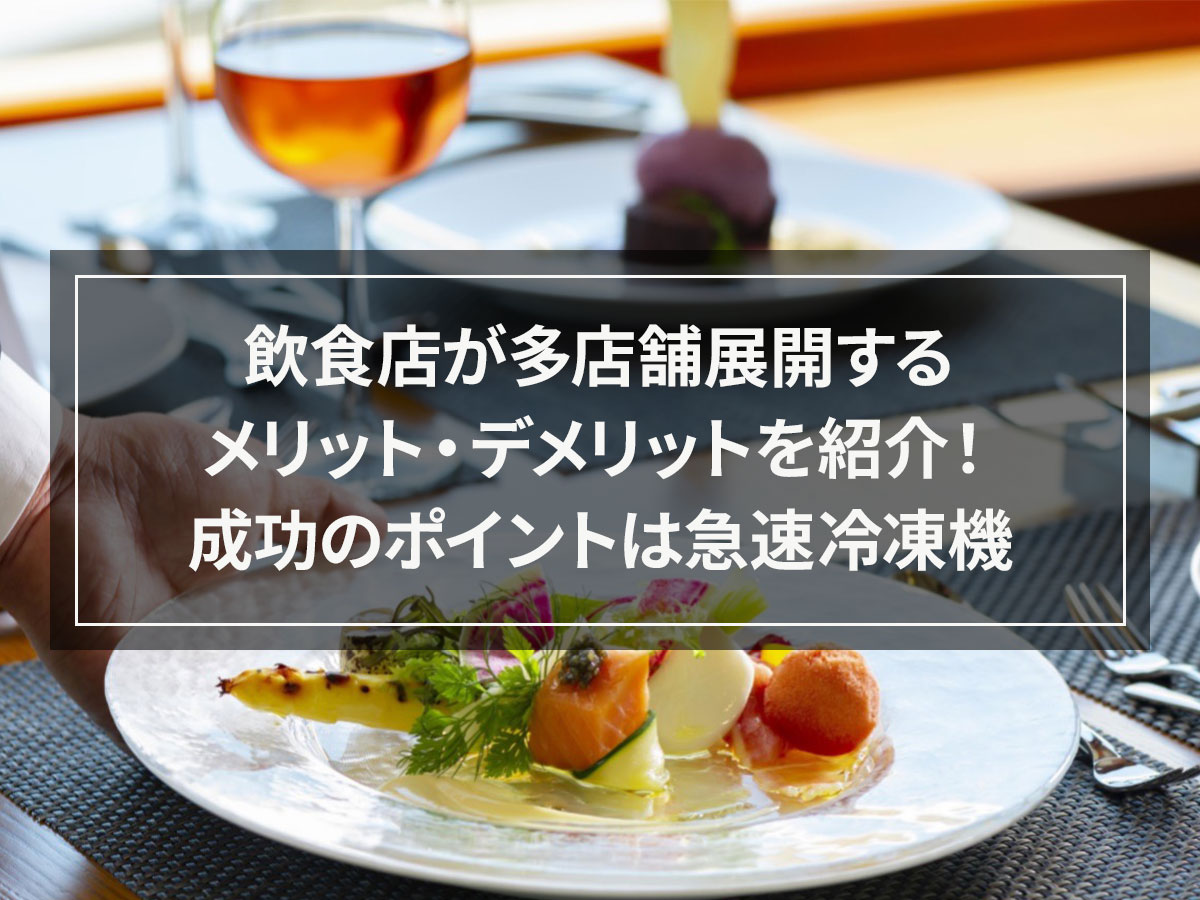
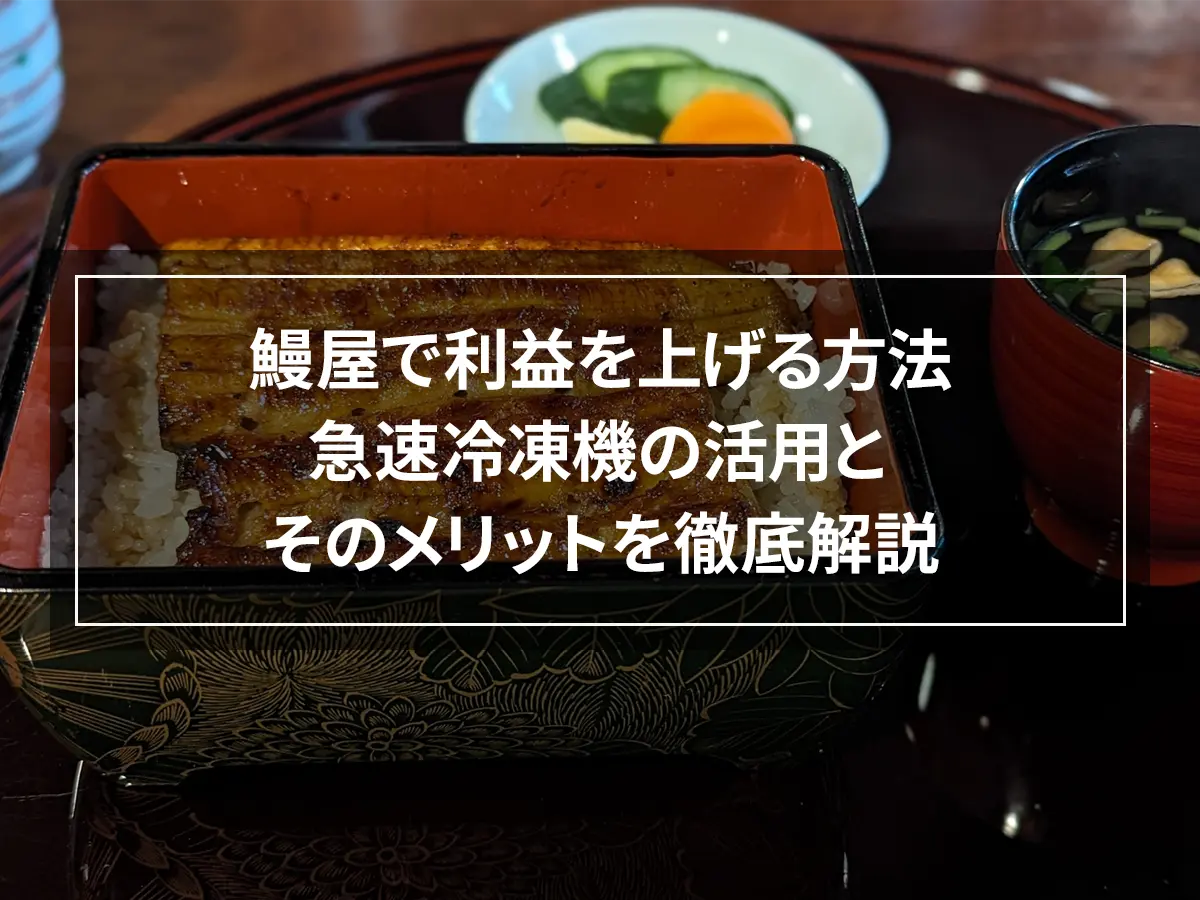
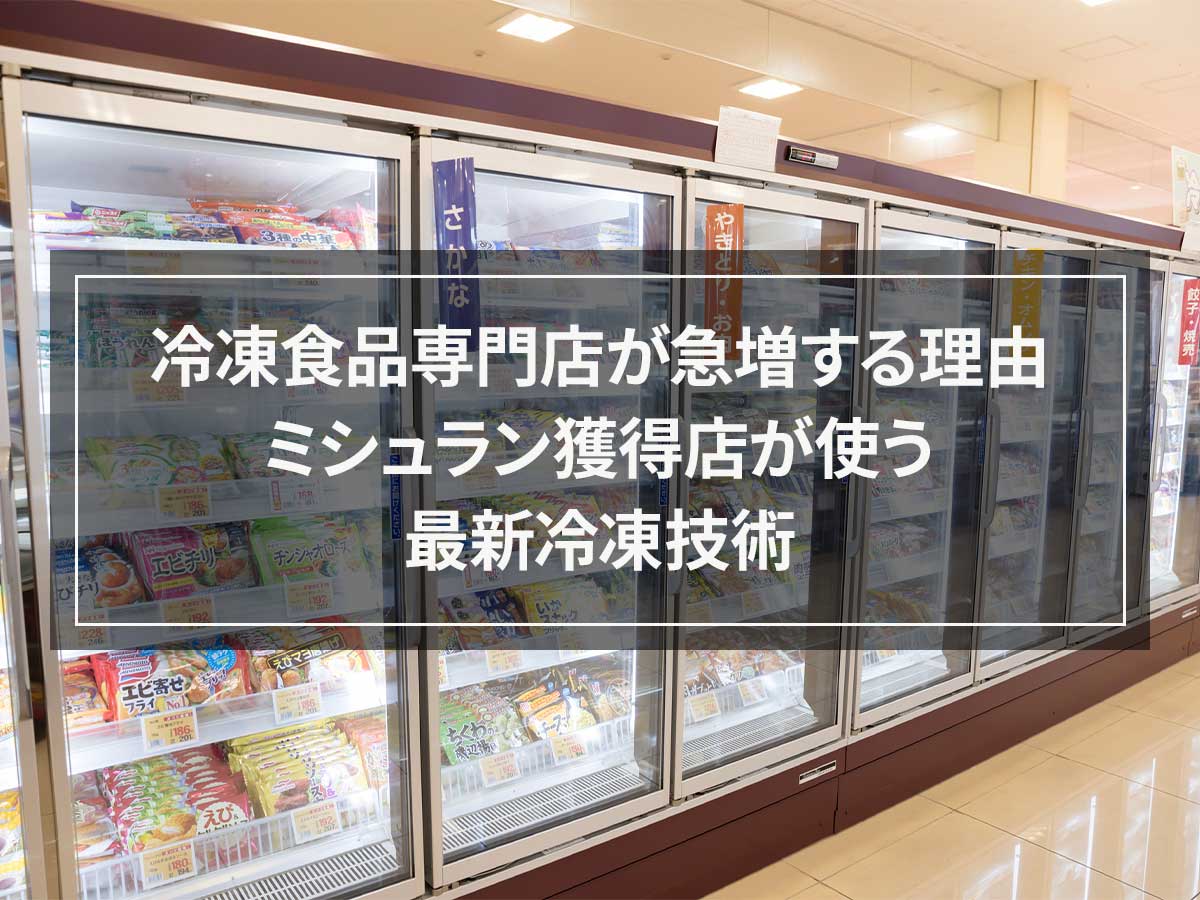
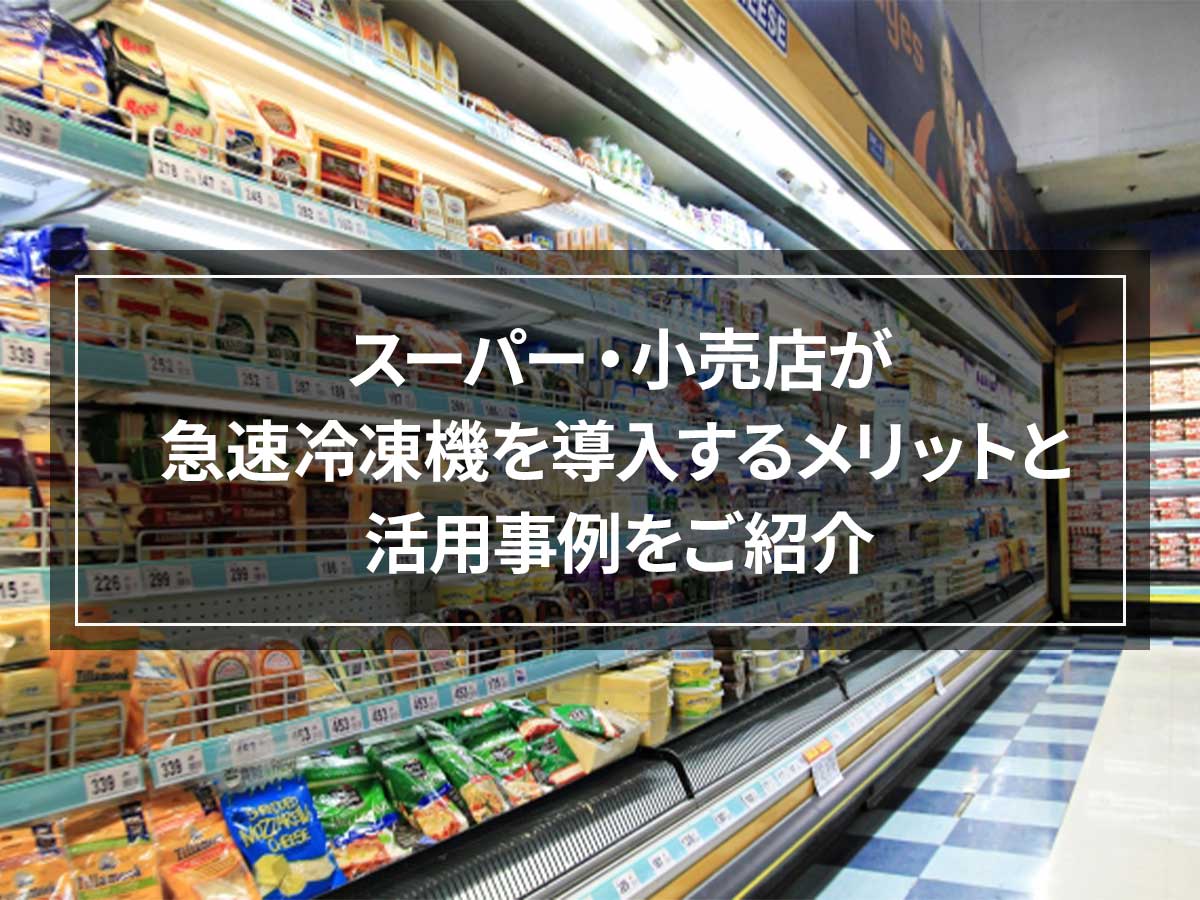
![[Can it be frozen? ] 5 recipes for yogurt freezing and shelf life!](https://shunkashutou.com/wp-content/uploads/2023/10/yogurt-catch-768x512-1.jpg)
![[Supervised by a nutritionist! ] How to freeze bean sprouts, storage period, and 5 recipes!](https://shunkashutou.com/wp-content/uploads/2023/09/34f4d39c30e79629a89bf54221841964.jpg)
![[Explanation of how to fry! ] Introducing how to freeze spring rolls and 5 carefully selected recipes!](https://shunkashutou.com/wp-content/uploads/2023/09/8964429f347a4ffd32dca5809cd02100.jpg)
![[Mass production and space saving] What is the secret of the spiral freezer structure?](https://shunkashutou.com/wp-content/uploads/2024/08/f564637ad1713707bc4672347d147d5e.webp)

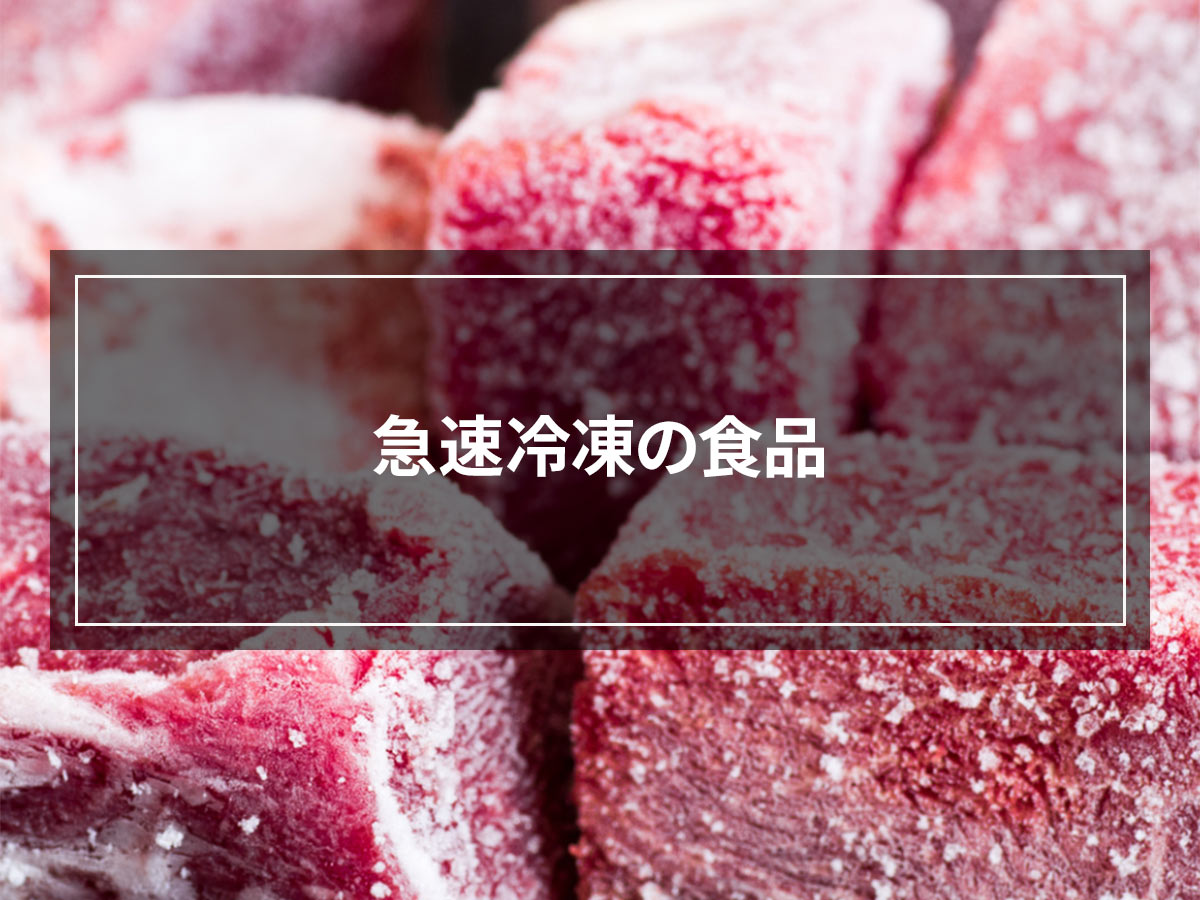
![[Bringing fresh cakes nationwide] How to dramatically increase profits at a pastry shop?](https://shunkashutou.com/wp-content/uploads/2024/09/661ea3ee6264fab6520017622c656870.webp)
![[Explanation with photos] How to freeze meat sauce, storage period, and 5 recipes!](https://shunkashutou.com/wp-content/uploads/2023/09/efa7161a08e57ef763d9e19623c7669c.jpg)

![[Explanation of functions and issues] What is partial freezing, which slightly freezes food?](https://shunkashutou.com/wp-content/uploads/2017/04/ccae917b4f7af5ace617f93280a58247.jpg)



![[For food manufacturers] What is the meaning of IQF freezing and what is rapid freezer required for it?](https://shunkashutou.com/wp-content/uploads/2017/03/40008d9f1a752dd006399fe1c4beda34.jpg)


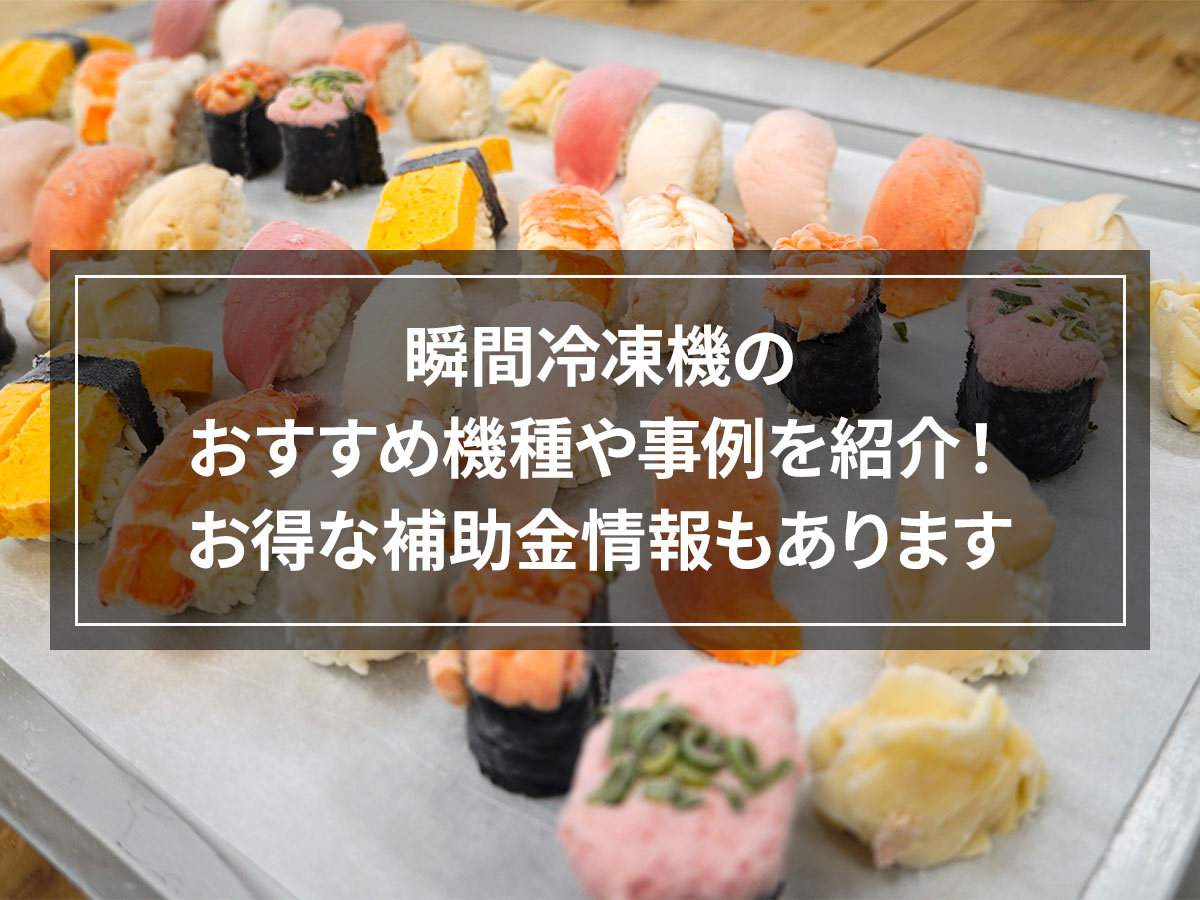
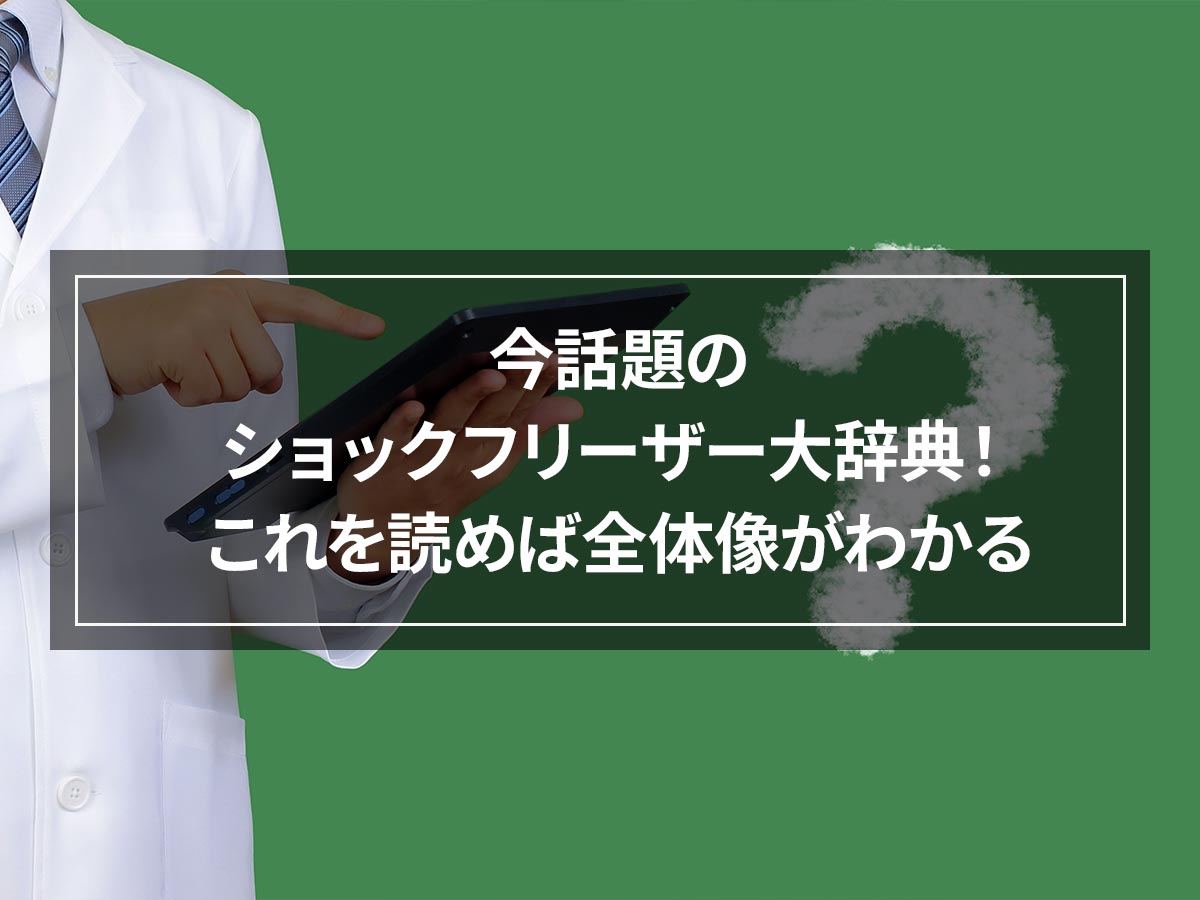


![[Explanation with photos] How to freeze winter melon, storage period, and 5 recipes!](https://shunkashutou.com/wp-content/uploads/2023/10/8c301e3fcfbb9c7f457d8b05dfea902d.jpg)

![[Explanation with photos! ] Shiitake mushroom freezing method and storage period, 5 recipes](https://shunkashutou.com/wp-content/uploads/2023/09/shiitake-768x512-1.jpg)
![How to freeze rice cake, expiry date, and 5 recipes! [Explanation with photos! ]](https://shunkashutou.com/wp-content/uploads/2023/10/bd019f04ad570f697ffefe9ffd2e1e71.jpg)
![[A little different! ? ] How to defrost frozen udon and 7 different recipes!](https://shunkashutou.com/wp-content/uploads/2023/08/91fb1e27ec38400acc9b3b6ca6233f65.jpg)
![[Convenient for lunch boxes! ] How to freeze fried noodles and 5 different recipes](https://shunkashutou.com/wp-content/uploads/2023/10/yakisoba-768x512-1.jpg)
![[Thorough guide to preserving meat] Preservation methods, expiration dates, thawing methods, rapid freezing](https://shunkashutou.com/wp-content/uploads/2023/09/ec61889773cfed9c75aa97d9ca6c96dd-1.jpg)
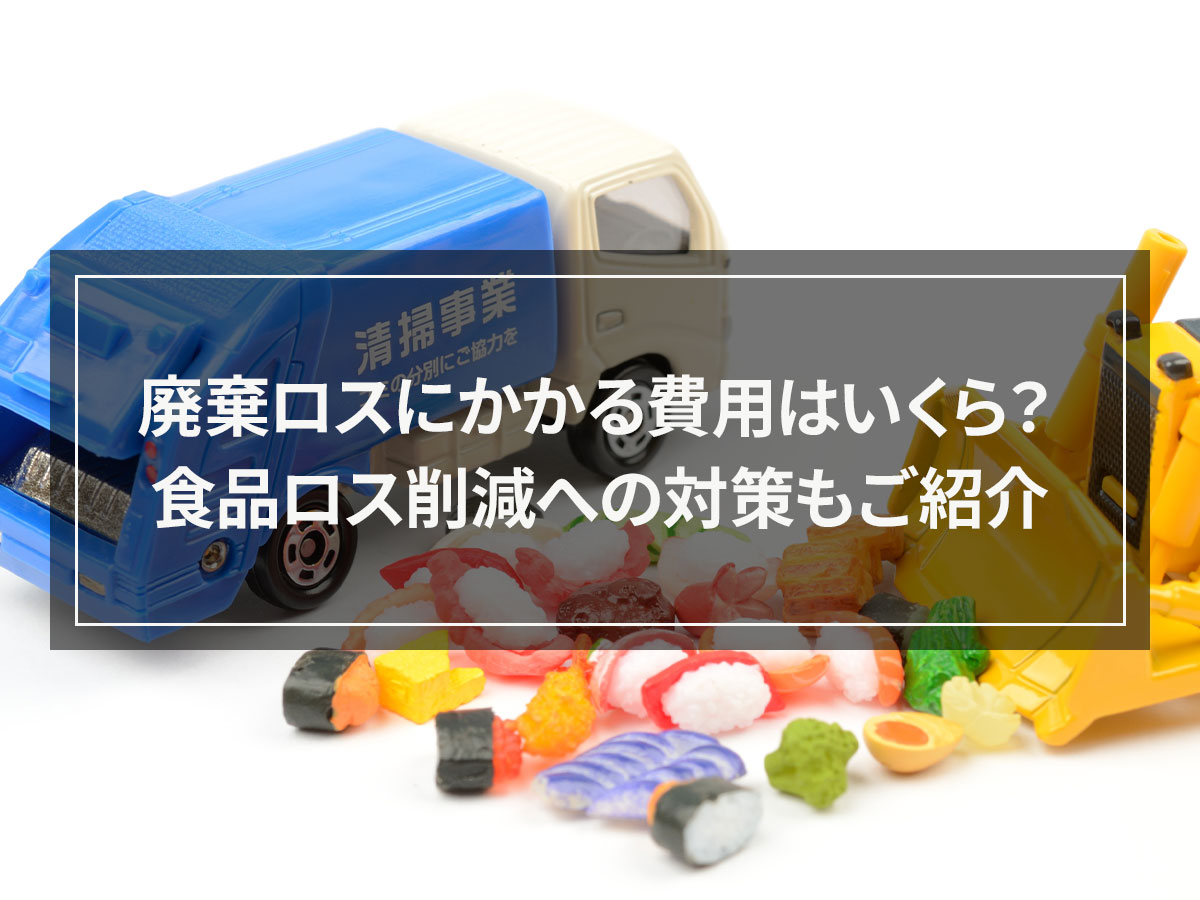
![[Must-see for beginners] What's so great about rapid freezers? Easy-to-understand explanation of the mechanism and benefits!](https://shunkashutou.com/wp-content/uploads/2020/12/9abf7961bd75c2a2af6fb61767b4fdb1-1.webp)
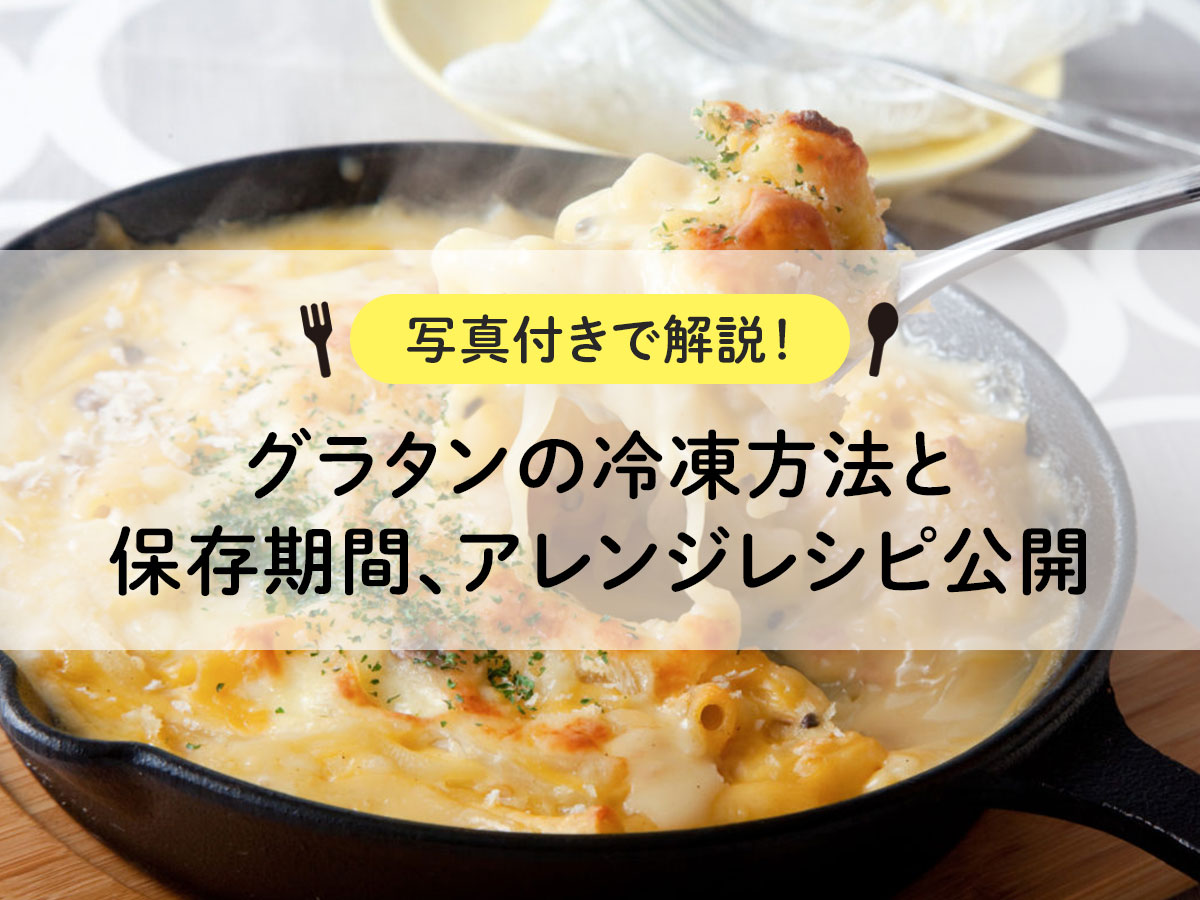

![[Improve your freezer] Tips on temperature control and freezing methods](https://shunkashutou.com/wp-content/uploads/2024/10/e41d588d3706c5d887acba9fde5ef92b.webp)



